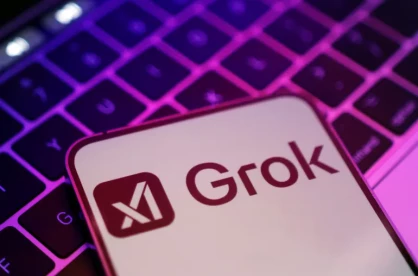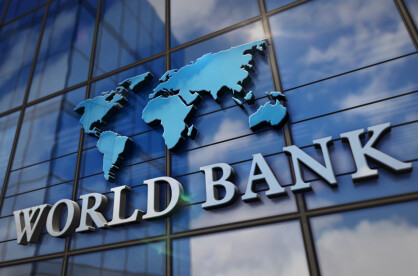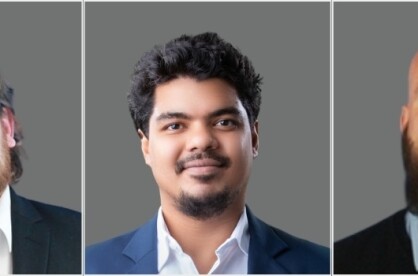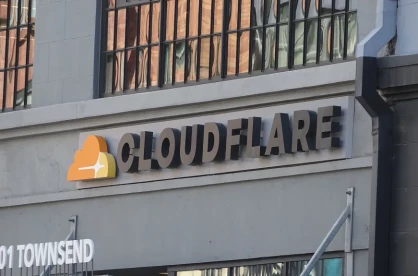India's government has banned a BBC documentary that is critical of Prime Minister Narendra Modi's alleged role in deadly riots more than 20 years ago, a move that has been criticized as an assault on press freedom. The documentary, titled "India: The Modi Question," examines Modi's role in the 2002 Gujarat riots, during which more than 1,000 people, mostly Muslims, were killed.
According to CNN, a senior adviser for the Ministry of Information and Broadcasting announced that the ban was imposed using "emergency powers" available to the government under India's information and technology rules. Kanchan Gupta, from the Ministry of Information and Broadcasting, stated that videos sharing the BBC documentary on YouTube and tweets sharing links to it have been blocked under India's sovereign laws and rules.
This move has sparked concern among press freedom advocates, who argue that the ban is an attempt to silence critical voices and restrict the free flow of information. The documentary has been widely discussed on social media, despite the ban, with many Indians sharing links to it and expressing their support for press freedom.
This decision of the Indian government raises questions on the freedom of press and the freedom of speech in the country. The move has been widely criticized by journalists, activists and other political leaders.
Modi, who was the Chief Minister of Gujarat at the time of the riots, has denied accusations of failing to stop the violence. A special investigation team appointed by India's Supreme Court in 2012 found no evidence to suggest he was to blame. However, the documentary presents a different perspective, examining Modi's role in the riots and raising questions about his actions.
The Indian government has defended their decision to ban the documentary, stating that it is a "propaganda piece" that pushes a "discredited narrative." However, the BBC has also defended the documentary, stating that it was "rigorously researched according to the highest editorial standards" and included a "wide range of voices, witnesses and experts."
Modi and his ruling party BJP came to power in 2014, advocating a wave of Hindu nationalism in India, where about 80 percent of the 1.4 billion population follow the faith.







